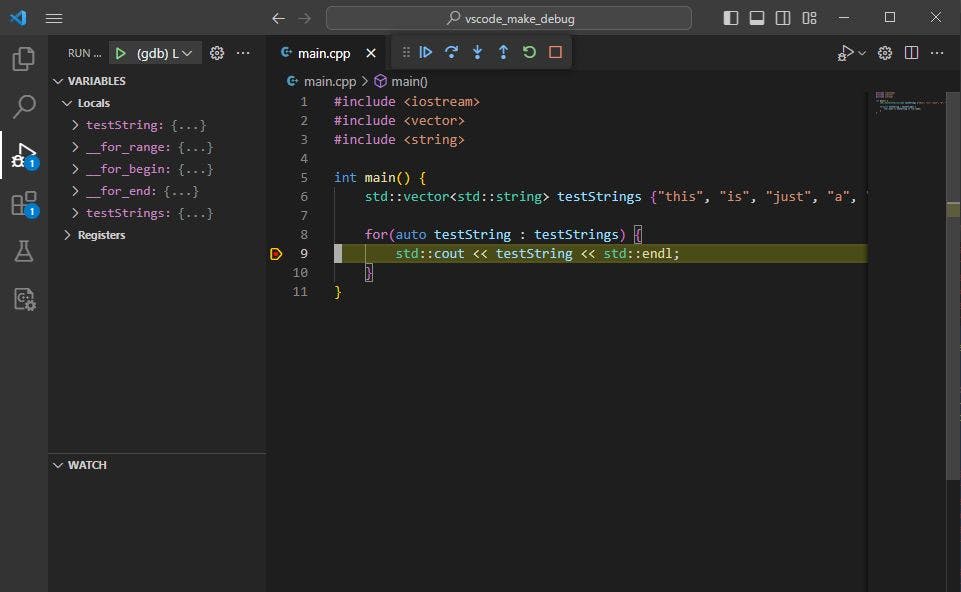23,797 reads
How to Set up C++ Debugging in VSCode Using a Makefile
by
April 26th, 2023
Audio Presented by
About Author
Software Developer on Vancouver Island
Comments
TOPICS
THIS ARTICLE WAS FEATURED IN
Related Stories
46 Stories To Learn About C
Apr 10, 2023
46 Stories To Learn About C
Apr 10, 2023

